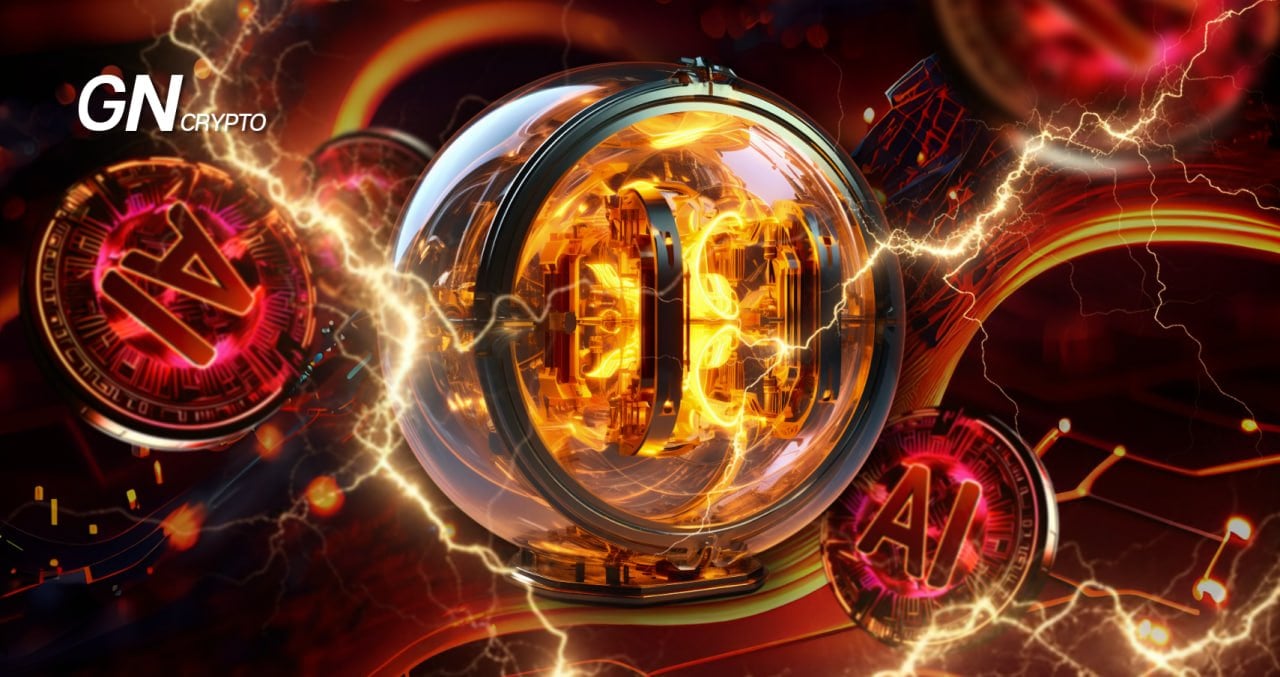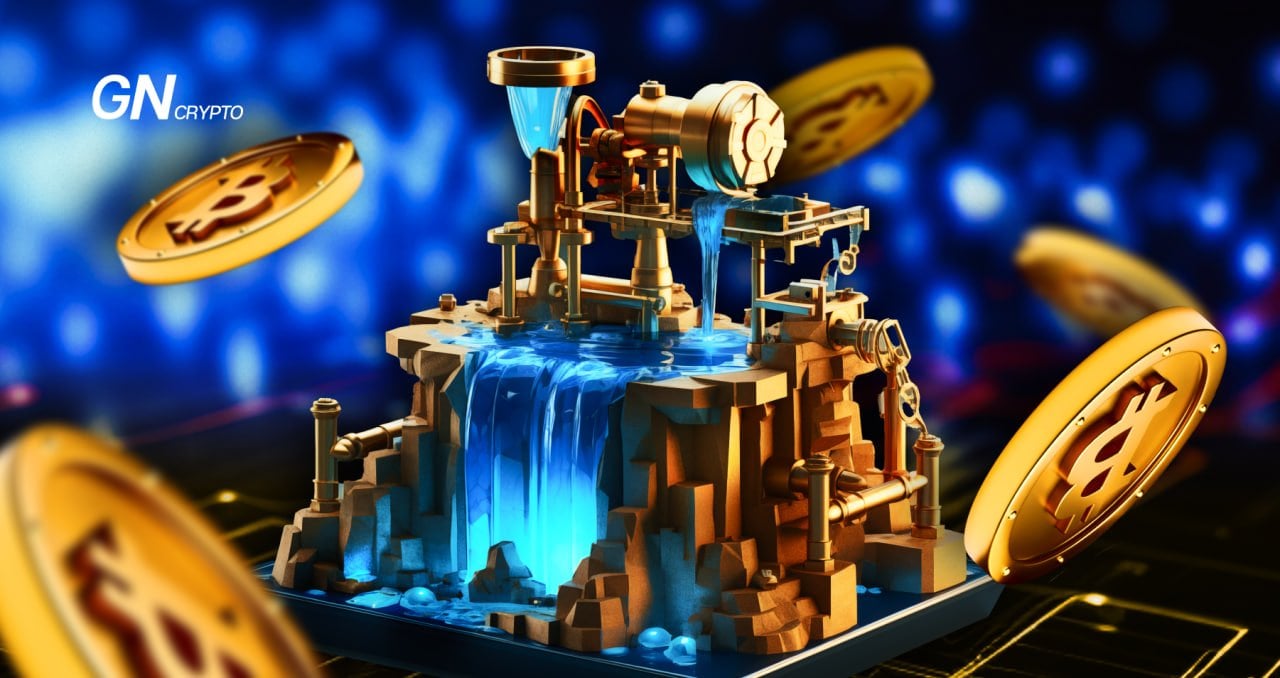#energy
64 articles found
Latest
Iran tightens crypto mining controls as energy grid faces strain
-tF0AX0qC.png) Iranian authorities have intensified a nationwide crackdown on unlicensed crypto mining, citing daily power losses of roughly 1.4–2.0 gigawatts and reporting large-scale seizures of illicit rigs that officials say are straining the grid.
Iranian authorities have intensified a nationwide crackdown on unlicensed crypto mining, citing daily power losses of roughly 1.4–2.0 gigawatts and reporting large-scale seizures of illicit rigs that officials say are straining the grid. A Glowing Day for Crypto: N Crypto Conference 2024 in Kyiv
 Stepping out from behind the computer to meet face-to-face can be rare in today's digital world, especially in a city like Kyiv in the midst of a full-scale war. The N Crypto Conference 2024 offered just such an opportunity. Our team was on the ground, absorbing the vibrant energy and insights firsthand.
Stepping out from behind the computer to meet face-to-face can be rare in today's digital world, especially in a city like Kyiv in the midst of a full-scale war. The N Crypto Conference 2024 offered just such an opportunity. Our team was on the ground, absorbing the vibrant energy and insights firsthand. AI Drones: The Forefront of Modern Warfare
 Russia's economy is steadily moving towards a military emphasis: by 2024, Putin intends to dedicate 6% of the GDP to defense industry needs. Despite Western sanctions, the exportation of energy resources—such as crude oil, oil processing products, and natural gas—remains the major financial backbone for Russia's budget.
Russia's economy is steadily moving towards a military emphasis: by 2024, Putin intends to dedicate 6% of the GDP to defense industry needs. Despite Western sanctions, the exportation of energy resources—such as crude oil, oil processing products, and natural gas—remains the major financial backbone for Russia's budget. USA speeds up grid access for AI centres and Bitcoin mining
 The U.S. Department of Energy (DOE) has sent a letter to the Federal Energy Regulatory Commission (FERC) proposing the development of rules for connecting large electricity users to interstate transmission lines. The focus is on loads above 20 MW, primarily AI data centres and crypto‑mining sites.
The U.S. Department of Energy (DOE) has sent a letter to the Federal Energy Regulatory Commission (FERC) proposing the development of rules for connecting large electricity users to interstate transmission lines. The focus is on loads above 20 MW, primarily AI data centres and crypto‑mining sites.  Japanese company Agile Energy X started using surplus renewable energy for Bitcoin mining. According to company president Kenji Tateiwa, this initiative will help balance supply and demand in the energy grid while boosting the popularity of green energy sources.
Japanese company Agile Energy X started using surplus renewable energy for Bitcoin mining. According to company president Kenji Tateiwa, this initiative will help balance supply and demand in the energy grid while boosting the popularity of green energy sources. Singapore Unveils AR Contact Lenses
 Researchers from Nanyang Technological University in Singapore (NTU Singapore) have innovated contact lenses with AR functionalities. These advanced lenses not only project virtual data onto the real world but also harness a novel energy source for their operation.
Researchers from Nanyang Technological University in Singapore (NTU Singapore) have innovated contact lenses with AR functionalities. These advanced lenses not only project virtual data onto the real world but also harness a novel energy source for their operation.  Exaion, a subsidiary of France's state-owned energy corporation EDF Group, has joined the blockchain Chiliz as a validator. This partnership is designed to enhance technological infrastructure through the expertise of a traditional company and to push the cryptocurrency industry towards ecological sustainability.
Exaion, a subsidiary of France's state-owned energy corporation EDF Group, has joined the blockchain Chiliz as a validator. This partnership is designed to enhance technological infrastructure through the expertise of a traditional company and to push the cryptocurrency industry towards ecological sustainability.  Cryptocurrencies, primarily due to their mining processes, are projected to boost their energy consumption by at least 40% within the next two years. Concurrently, the energy expenditure for AI apps is set to increase tenfold. These findings come from the International Energy Agency's recent report.
Cryptocurrencies, primarily due to their mining processes, are projected to boost their energy consumption by at least 40% within the next two years. Concurrently, the energy expenditure for AI apps is set to increase tenfold. These findings come from the International Energy Agency's recent report. 







